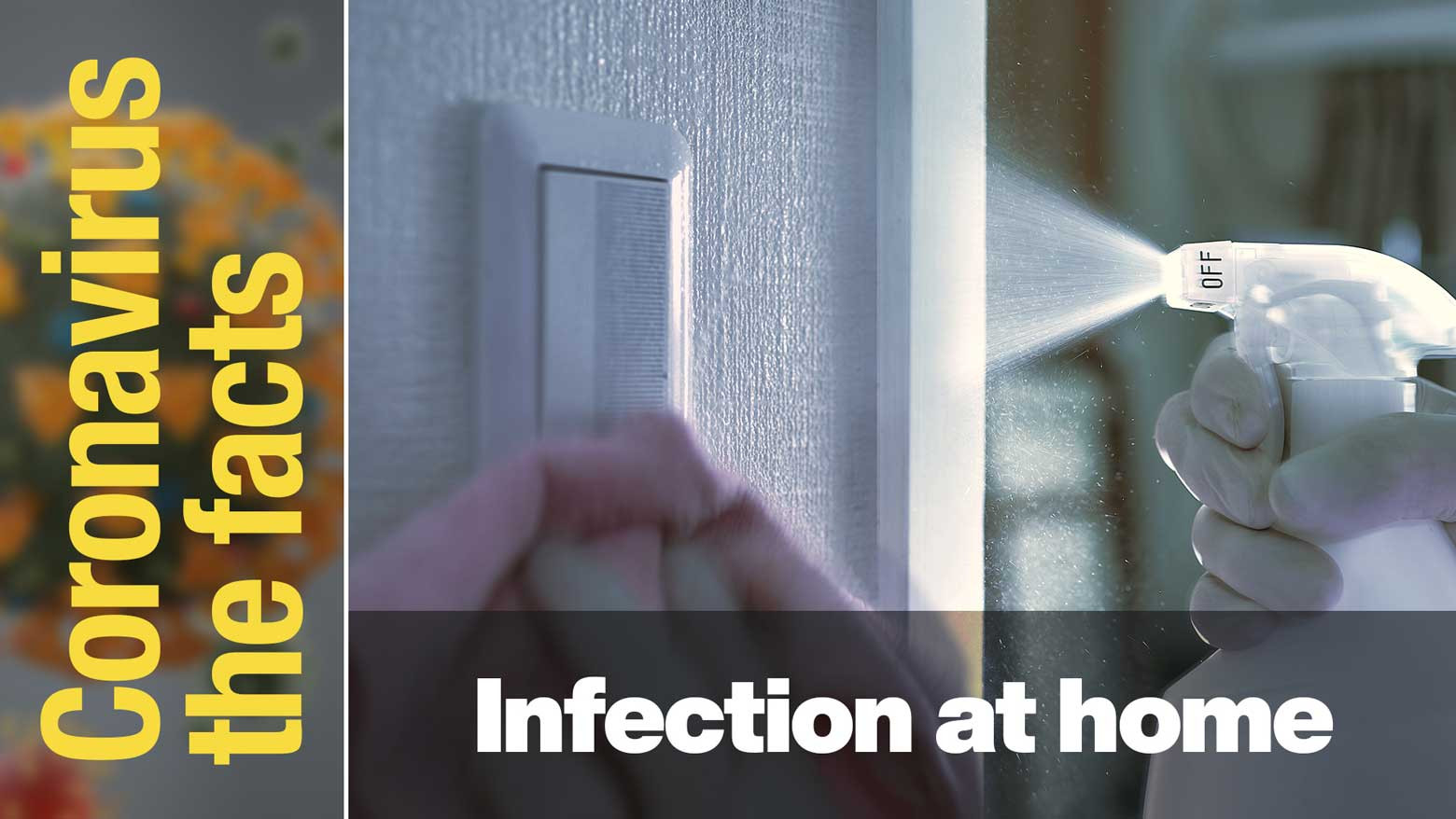This is part 70 of our coronavirus FAQ. Click here to read other installments: #Coronavirus the facts. Find the latest information and answers from experts on everything COVID-19.
Tips on prevention at home
If a family member exhibits symptoms, they should stay in a separate room from others if possible and both the infected person and the carer should wear masks. All members of the family should wash their hands frequently and avoid sharing plates. It is also essential to disinfect places that are touched frequently and to ventilate rooms often.
If it’s hard to allocate separate rooms
Nishizuka Itaru, who heads public healthcare centers in Tokyo's Sumida Ward, says if a house is too small to give someone a separate room, then people should keep a roughly one-meter distance from the infected person and cut down on face-to-face conversation. He also advises ventilating rooms frequently and using humidifiers to make it harder for the virus to spread.
Nishizuka also says families should plan what to do if one member gets infected. Things to discuss include who would take care of children if both parents get infected, and how to look after elderly family members if their regular carers catch the virus.
Divide the house into multiple areas
Dr. Terashima Takeshi of the Japanese Association for Infectious Diseases recommends dividing the house into three areas according to danger level. A "caution area" would be high-risk places such as entrance halls. "Shared areas" would be those that all family members use, containing shared furniture or objects. "Personal areas" would be bedrooms or private studies.
Caution area
Dr. Terashima says when a family member comes back home, they should stop at the entrance, a "caution area," hang their coat and throw their disposable mask into a garbage bin. He says people should avoid bringing their coats and masks further into the home.
Shared space
In shared spaces, such lavatories and living rooms, Dr Terashima recommends not sharing items such as towels. Objects that everyone touches, such as light switches and remote controllers, should be disinfected frequently.
Dr Terashima also says we could limit the spread of the virus by changing how we sit and serve food. He recommends sitting diagonally across from each other, rather than directly facing, and says it’s best to avoid eating food from large, shared plates.
Personal area
Dr Terashima said we must take care to avoid bringing the virus into personal areas at all costs. He says smartphones are often overlooked as a danger, but most of us touch them outside and then bring them into our bedrooms. He says it’s important to regularly clean any device with a touchscreen.
This information is accurate as of Dec.4, 2020.
